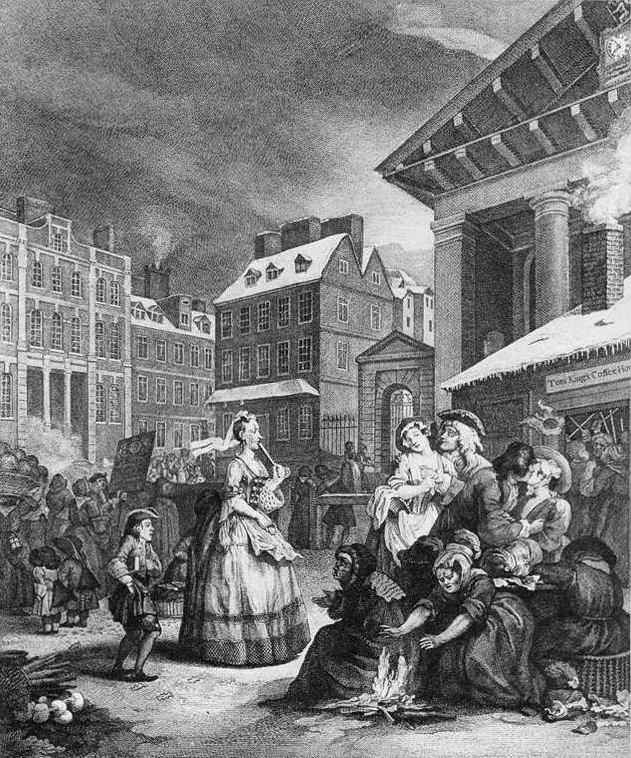The DIGITENS project – the acronym stands for "Digital Encyclopaedia of British Enlightenment Sociability" – brings together international scholars from different disciplines to create an online encyclopaedia of eighteenth-century sociability in Britain.
This open-access encyclopaedia is meant to reflect current scholarship on and interdisciplinary approaches to the topic, besides exploring how networks between researchers and a broad intersectional communication may influence our perception of and research on sociability. Both the conceptualisation and the practice of sociability during the long eighteenth century (1660-1832) – the people, places, objects and concepts involved – will be discussed in a large range of entries. An accompanying digital anthology will provide a valuable research tool for all students and scholars interested in this particular field of the humanities, and provide them with a large range of source material.
Researchers from the University of Greifswald (Prof. Sebastian Domsch, Dr. Mascha Hansen) work together with British, Canadian, French, Italian and Polish scholars on the project.
Conference "Sociable Encounters: British Sociability in Enlightenment Europe"
Greifswald, 31 May to 2 June 2018
"Society is held together by communication and information" (Samuel Johnson)
In The Spectator, Joseph Addison famously claimed: "I shall be ambitious to have it said of me, that I have brought Philosophy out of Closets and Libraries, Schools and Colleges, to dwell in Clubs and Assemblies, at Tea-tables, and in Coffee houses" (March 12, 1711). From those clubs and coffee houses, arguably not only philosophy but also a British culture of sociability spread throughout Europe via travel and treatises, consumption and commerce, debate and dissent.
The acceleration not only of the speed of travelling but also of the exchange of ideas and narratives, letters and books throughout Europe propelled cultural contacts and advanced sociability. While the polite society of salons and debating rooms has received quite some consideration by now, other places and other forms or styles of sociability are still in the process of being investigated. "Sociable encounters" is thus a topic meant to address a broader range of private and public, urban or provincial, professional, political or plebeian, formal and also informal meetings that led to a meaningful exchange of opinions and practices of sociability in Europe and ultimately ushered in modernity. Yet how much, where, and in which ways, did British sociability actually influence sociable practices in the rest of Europe? How did it affect cultural practices throughout Europe, sociable rituals or even local customs? How did sociable meetings between individual travelers or groups of travelers with their sociable hosts actually proceed, and which encounters proved to be meaningful or influential in the long run?
For further information, please contact Mascha Hansen.

